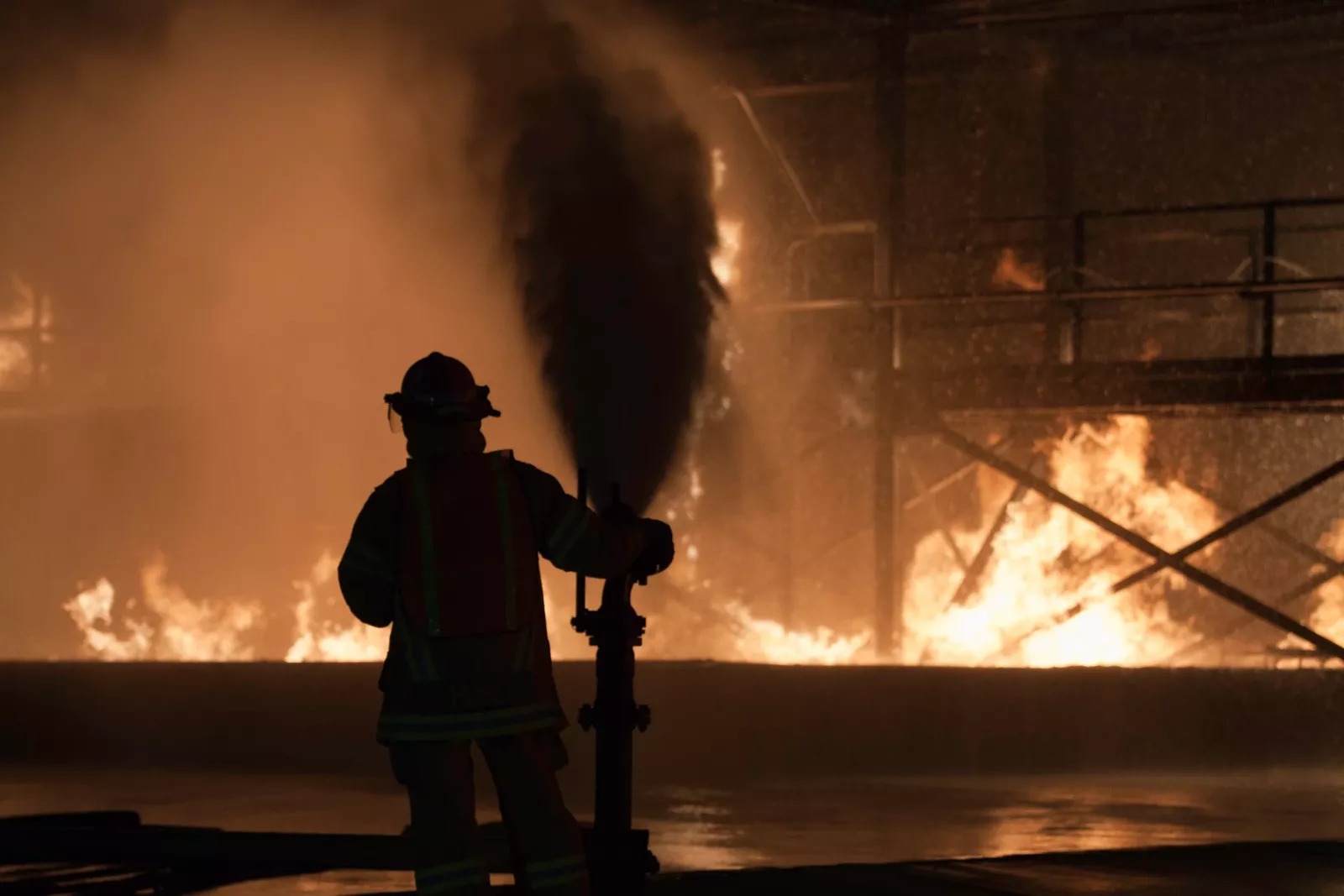The Sad Truth About Accidents
We live in Houston, the long-time home and heart of the oil and gas and petrochemical manufacturing industries in the United States. These industries make the news all over the world entirely too often because of a never-ending stream of explosions, fires, releases, spills, injuries and fatalities. The media tends to play up these events for ratings and focuses on the negative. The companies, and sometimes the people in them, are often made out to seem greedy and somehow nefarious, but, often, that’s not the case.
I’ve been lucky enough to earn my doctorate in Chemical Engineering with an emphasis in process safety and loss prevention. Through most of my career I’ve been what would be described as a technical safety engineer. I went to school at Texas A&M and studied at the Mary Kay O’Connor Process Safety Center – a center of excellence named for a young chemical engineer that died in the control room during the Phillips 66 disaster.
Incident investigation and learning from loss in the hopes of preventing losses in the future has been a major theme in my life in the last 10 years.
The common theme you see if you spend enough time working in this field is that it’s not all a story of greedy people making decisions that put good people in harm’s way. There certainly is some of that. There’s a reason why OSHA ranks types of violations with the worst kind being what’s called a “willful and deliberate violation.” Such violations are, fortunately, rare.
The story of loss in the chemical and oil and gas industries is far more often a story of ignorance, carelessness, or complacency.
It’s all too often the story of a guy that shows up for work and doesn’t want to go through the proper approval procedure before starting work – either because it takes too long and he doesn’t have time or because he thinks he knows better than the manager. It’s the story of a guy that cuts into the wrong line – he thought it was the right line, but it wasn’t particularly clear or obvious and he didn’t double check. It’s the story of people trying to use tools and systems in ways in which they were not designed or intended to function. It’s the story of people just being people and making mistakes, possibly just because it’s the end of a 12-hour shift and they’re tired. Often accidents are the result of poor designs and inadequate systems that allowed people to make the bad decisions that they made.
I once found myself, at the age of 27, staring down into a dirty hole with a 25-year old co-worker, knowing that, 48 hours earlier, a 21-year old man had died down there.
It didn’t take us long to figure out that the companies and personnel involved had violated multiple regulations – failing to properly isolate the work site, not having a confined space entry permitting system (which protects workers against exposure to toxic atmospheres in enclosed spaces by requiring a series of steps and checks prior to entry), not having an effective evacuation and retrieval plan, not having self-contained breathing apparatuses close at hand… the list went on.
People skip steps – possibly out of ignorance of the risks, possibly because they think nothing will go wrong, possibly because they’re in a rush, or because doing things the right way seems just so darn inconvenient.
The problem is, they get away with it. Then they get away with it again, and nothing goes wrong. They get away with it a bunch of times and nothing goes wrong. They forget about the rule or decide that the rule is stupid, pointless or unnecessary. Then something goes wrong. Then someone dies. Then we all remember why the rule existed, and why we were supposed to do things the right way, and we ask ourselves why these things happen.
I’m guilty of a lot of oversimplification here for brevity, but, in my experience, accidents often occur when a flawed design, inadequate training, and a seemingly small but bad decision get together and have a party.
If there’s one piece of advice I could offer that might save someone’s life one day, it would be this: If there is a rule, it almost certainly exists for a reason. That reason is likely transcribed in blood. Think very hard before you break that rule. Make sure you teach the rules to others, and make sure they understand why the rule is there.

